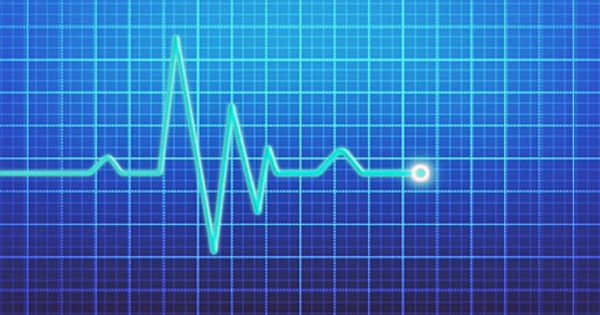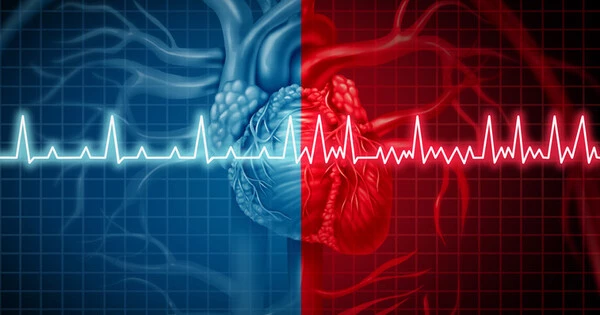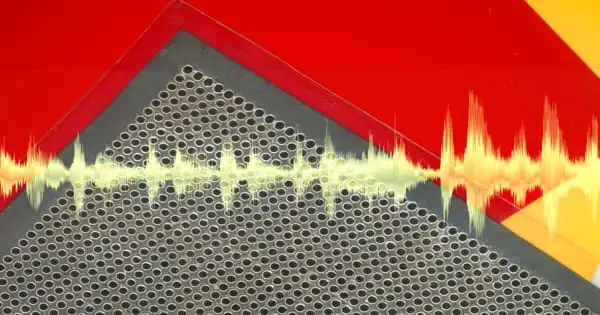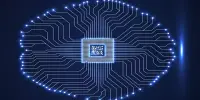AI has shown tremendous promise in detecting persons who have irregular heart beats, often known as arrhythmias. One of the most important uses of AI in this area is the analysis of electrocardiogram (ECG) data. AI algorithms can be trained to spot patterns in ECG signals that may suggest cardiac rhythm problems.
Researchers from Cedars-Sinai’s Smidt cardiac Institute discovered that an artificial intelligence (AI) system can detect an irregular cardiac rhythm in persons who do not yet have symptoms. The system, which discovered hidden signals in routine medical diagnostic tests, could help doctors better prevent strokes and other cardiovascular issues in people with atrial fibrillation, the most prevalent type of heart rhythm disorder.
Previously developed algorithms were mostly employed on white people. This algorithm works in a variety of situations and patient demographics, including veterans and underserved people in the United States. The findings were published today in JAMA Cardiology, a peer-reviewed journal.
“This research allows for the better identification of a hidden heart condition and informs the best way to develop algorithms that are equitable and generalizable to all patients,” said David Ouyang, MD, a cardiologist in the Smidt Heart Institute at Cedars-Sinai, a researcher in the Division of Artificial Intelligence in Medicine, and the study’s senior author.
According to experts, around one-third of persons with atrial fibrillation are unaware of their illness.
This research allows for the better identification of a hidden heart condition and informs the best way to develop algorithms that are equitable and generalizable to all patients.
David Ouyang
The electrical signals in the heart that regulate the pumping of blood from the upper chambers to the lower chambers are disorganized in atrial fibrillation. This can cause blood clots in the upper chambers to develop and travel to the brain, resulting in an ischemic stroke.
To develop the method, researchers used an artificial intelligence tool to investigate trends in cardiac readings. An ECG is a test that measures the electrical signals produced by the heart. Electrodes are put on the participants’ bodies to monitor the electrical activity of the heart.
The program was trained to analyze electrocardiogram readings taken between Jan. 1, 1987, and Dec. 31, 2022, from patients seen at two Veterans Affairs health networks. The algorithm was trained on almost a million electrocardiograms and it accurately predicted patients would have atrial fibrillation within 31 days.

The AI model was also applied to medical records from patients at Cedars-Sinai and it similarly – and accurately – predicted cases of atrial fibrillation within 31 days.
“This study of veterans was geographically and ethnically diverse, indicating that the application of this algorithm could benefit the general population in the U.S.,” said Sumeet Chugh, MD, director of the Division of Artificial Intelligence in Medicine in the Department of Medicine and medical director of the Heart Rhythm Center in the Department of Cardiology. “This research exemplifies one of the many ways that investigators in the Smidt Heart Institute and the Division of Artificial Intelligence in Medicine are using AI to address preemptive management of complex and challenging cardiac conditions.”
The study was a collaborative effort between Cedar-Sinai and the Veterans Affairs facilities in San Francisco and Palo Alto. The paper was co-authored by Cedars-Sinai researchers Grant Duffy and John Theurer, in addition to Ouyang.
The researchers intend to continue studying the algorithm as part of prospective clinical studies to see if it might help identify people at risk of heart attack and stroke. They also intend to create more AI algorithms.
















